Editor’s Note: Likely due to a prescription drug her mother used during pregnancy, Gianna Rojas was born with no fingers on her left hand. As a young girl in the 1970s, she became a March of Dimes poster child for the state of Florida helping raise funds for the nonprofit to support research on healthy pregnancies and preventing birth defects. As a child with no notion of 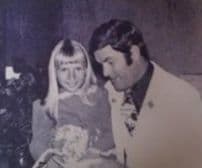 the game of golf, Gianna had the opportunity to meet and sit on the lap of the world-renowned golfer Arnold Palmer who was supporting the March of Dimes as they transitioned from their fight to eradicate polio to a campaign to prevent birth defects.
the game of golf, Gianna had the opportunity to meet and sit on the lap of the world-renowned golfer Arnold Palmer who was supporting the March of Dimes as they transitioned from their fight to eradicate polio to a campaign to prevent birth defects.
Many years later, Gianna often found herself excluded from her husband's group golf outings which eventually led her to take up the game as well. Today, she’s known as the "One-Handed Lady Golfer" and founder of Adaptive Golfers, a nonprofit striving to expose people of all abilities to the sport. Wheel:Life caught up with Rojas at Abilities Expo New York Metro this year to talk about the organization and the benefits golf can bring to the disability community.
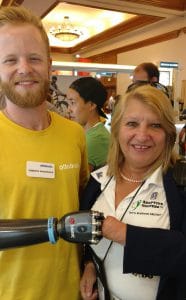 My husband used to play golf with a group of friends every weekend, and I would meet them for lunch after they finished their round. They would all sit and talk about their game, as all golfers do, and I would feel left out. Most of the time, they would go back out for another round, and I would go back home. So, about eight years ago, I decided I wanted to learn how to golf.
My husband used to play golf with a group of friends every weekend, and I would meet them for lunch after they finished their round. They would all sit and talk about their game, as all golfers do, and I would feel left out. Most of the time, they would go back out for another round, and I would go back home. So, about eight years ago, I decided I wanted to learn how to golf.
When my husband and I tried to find an instructor with experience in adaptive techniques, we couldn’t.
No one we talked to had ever been exposed to that way of teaching. As I was researching and looking for resources, the idea for Adaptive Golfers came about. At the suggestion of a friend, I got a URL and started using the website to list the various resources I found.
That was in May of 2017. Now, we're a 501(c)(3) nonprofit organization whose mission is to empower individuals with different (not dis-) abilities to improve the quality of their lives — mind, body, and soul — through adaptive golf therapy. We have positioned ourselves in the industry as a global influencer. We are educators as well as ambassadors and advocates. We have also become a hub for resources. We don’t sell equipment, but we can lead you to it. We provide clinics and programs throughout the year, and we keep as much adaptive equipment on hand as possible for our participants to test and keep for practice.
We want to be able to address all abilities so that anyone can come to a clinic and enjoy learning the game.
Our clinics are free to our participants but not to us, so we are open to support.
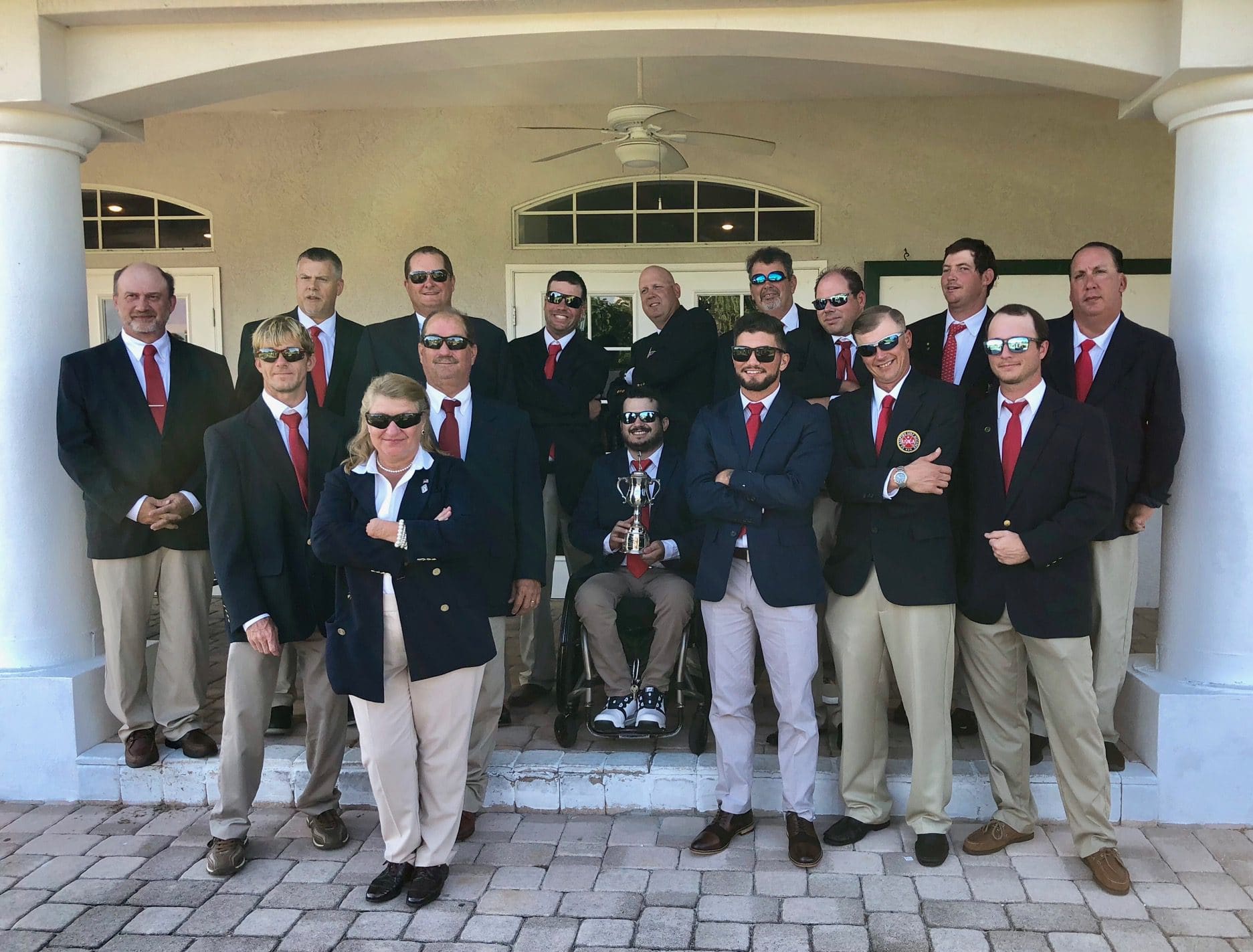
We have programs in New Jersey as well as a facility in Myrtle Beach, South Carolina. We also travel and can help people find programs in their area, even internationally. We work closely with an organization called Perfect Lies Golf who creates custom clubs. One of the club fitters there is an adaptive golfer, so he understands how to address various abilities.
With Adaptive Golfers, we teach pros, golf coaches, physical therapists, and occupational therapists to use golf as therapy, both physically and cognitively. Golf is an independent activity. It's between you, the ball, and the hole. You're not relying on catching or throwing a ball or having to run away from someone.
Success is measured by each individual’s expectations.
If you believe you can't hit a golf ball, and then you roll it three feet, that’s a victory and is great for your emotional well-being. Golfing in a group also fosters a sense of inclusion and camaraderie.
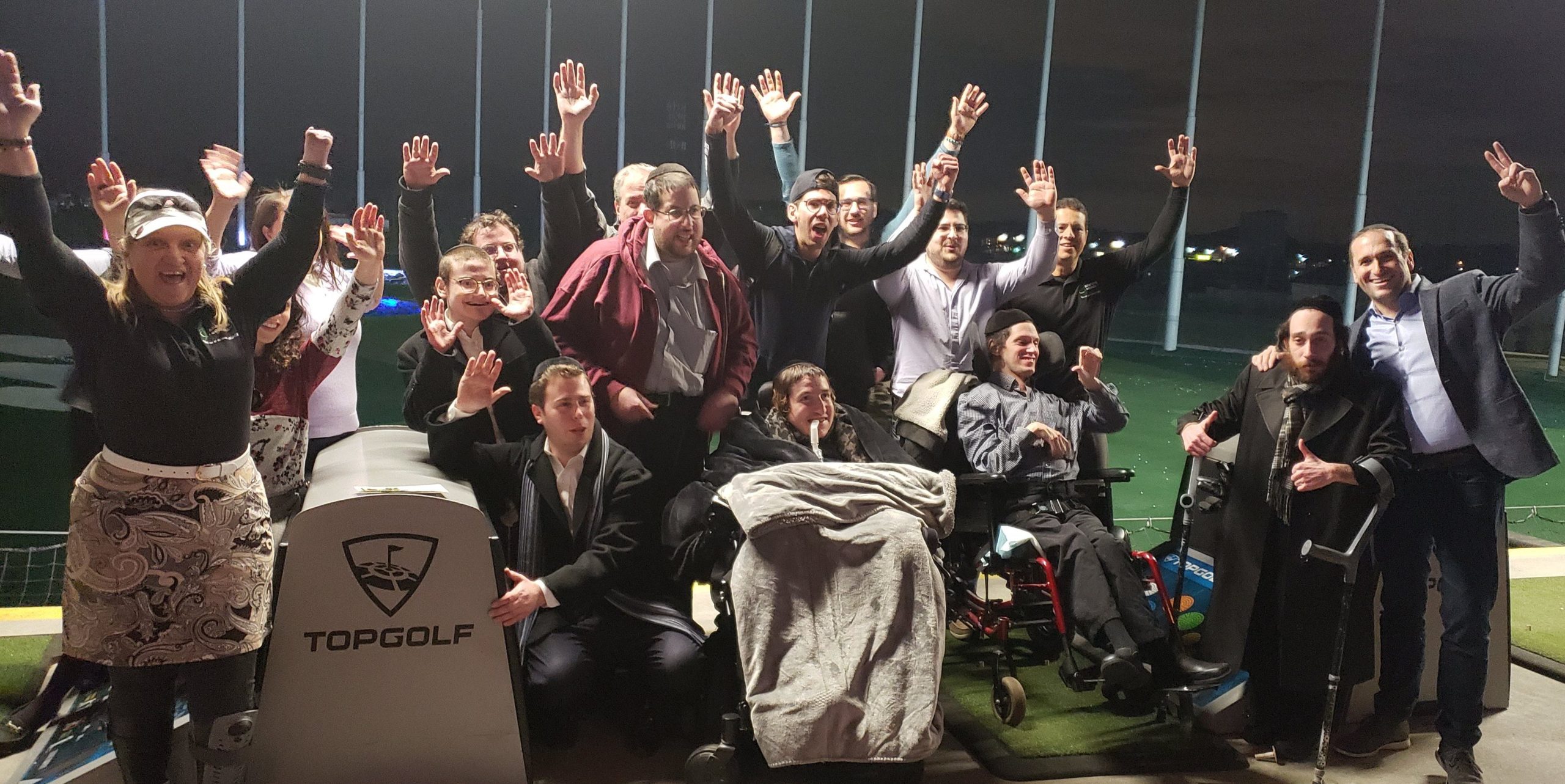
We also want to train teachers and therapists to use golf as an activity for movement. Any kind of physical activity is therapeutic. Participants use muscles to stretch and reach in ways they typically wouldn’t on any other day.
We do a lot of work with service personnel and first responders who have physical and cognitive injuries. There's an organization called PGA Reach that has programs for patriots. Military members are asked to do and see things that we can't even wrap our heads around. When they come back from service, they have to process those experiences and perhaps deal with a new disability or post-traumatic stress. Golf can be used as a conduit to help them get out of their beds, out of their houses, and out of their heads. We want to help change their mindset so they’re not questioning whether they can do something, but rather how they can do it. We try to help them figure out the “how.”
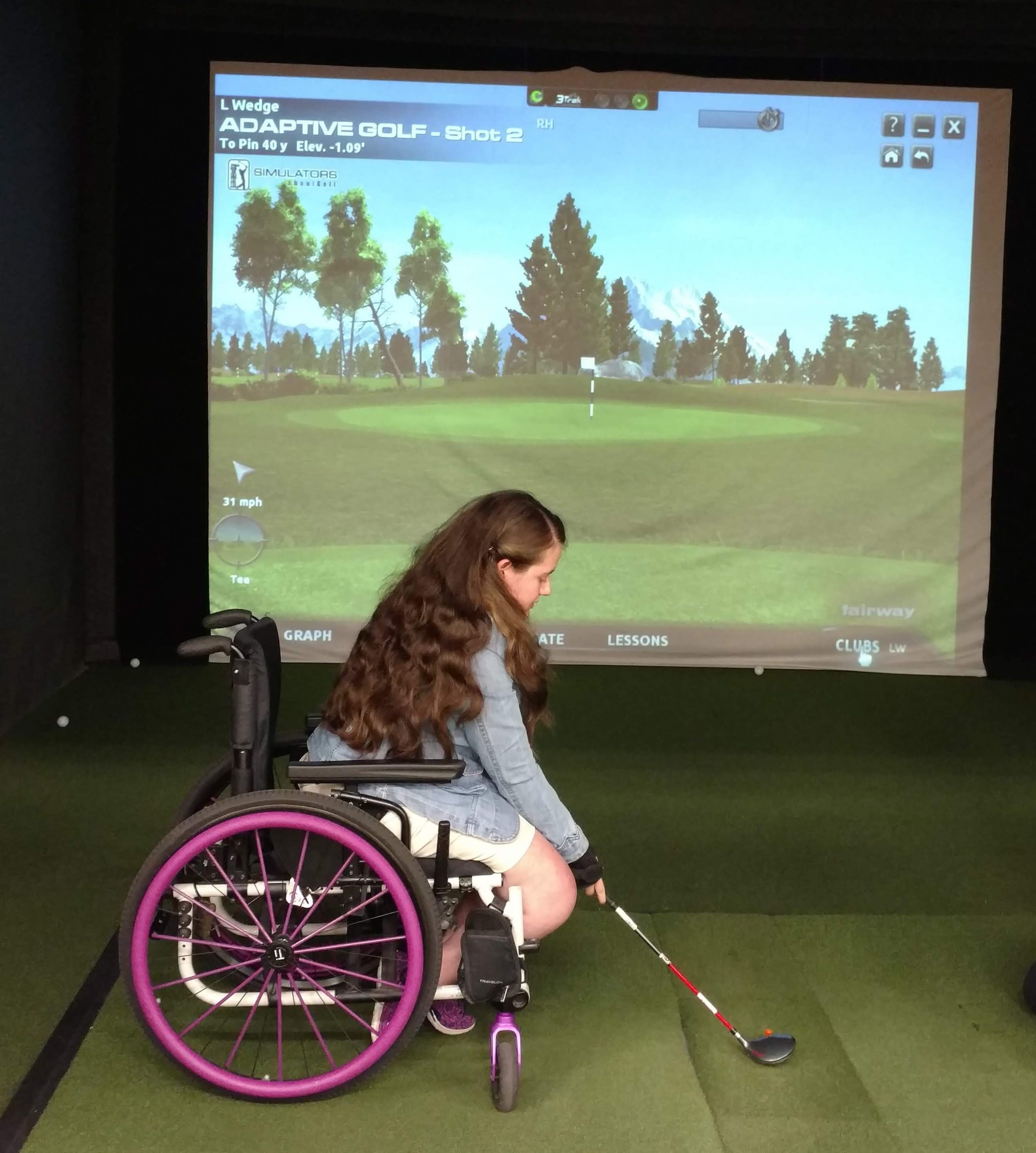
When we work with someone new, we always discuss their abilities and expectations. Do they want to just participate in clinics? Do they want to play on a course? We can help someone progress from using golf as a therapeutic activity to an on-course leisure game. They don’t have to play a full 18 holes. They can ride in a cart and drop a ball here and there.
It doesn't matter how they do it as long as it’s bringing joy, self-esteem, and the feeling of inclusion.
Where someone lines up on the scale of therapeutic, leisure, or competitive golf is entirely up to them.
If you were a golfer before your injury or illness, your buddies want you back out on the course, too, in any capacity. We try to stress that what you get out of golf depends on your expectations.
We also work with youth coaches to expose them to adaptive golf. For the PGA Jr. League, golf is a team activity. If we can get the league to integrate players of all abilities, the able-bodied kids will be interacting with kids with disabilities which will shape their perception throughout the rest of their lives.
They'll get an understanding that a person’s disability doesn’t define who they are and that everyone should be treated as a human being.
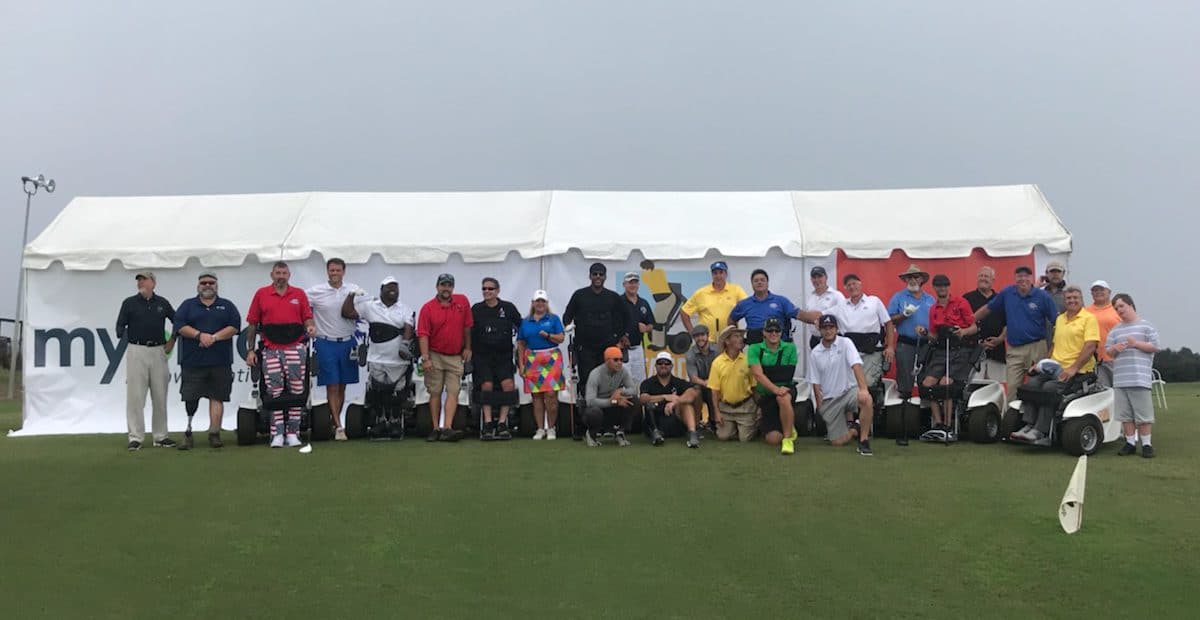
You can also get serious about golf and take a competitive path. Just this year, the USGA and the R&A, which are two of the governing golf powers of the world, launched a global ranking system for players with disabilities. This is progress, but we'd like to see an infusion of disabled and able-bodied golfers. It's about inclusion, and we want to try to integrate.
We're all golfers first. I just happen to have no fingers on my left hand. That's how we want the industry to see things.
If you want to be a golfer, be a golfer.
For wheelchair users, there are various types of mobility carts that allow them to participate depending on their specific needs. Single-rider carts with seats that swivel, tilt, or lift the player to a standing position can provide a means of increasing access and participation. Scooters are emerging as well that can help move a golfer to the ball if walking is difficult or not a possibility. Stability bikes can be propelled with the arms and provide golfers with added balance.
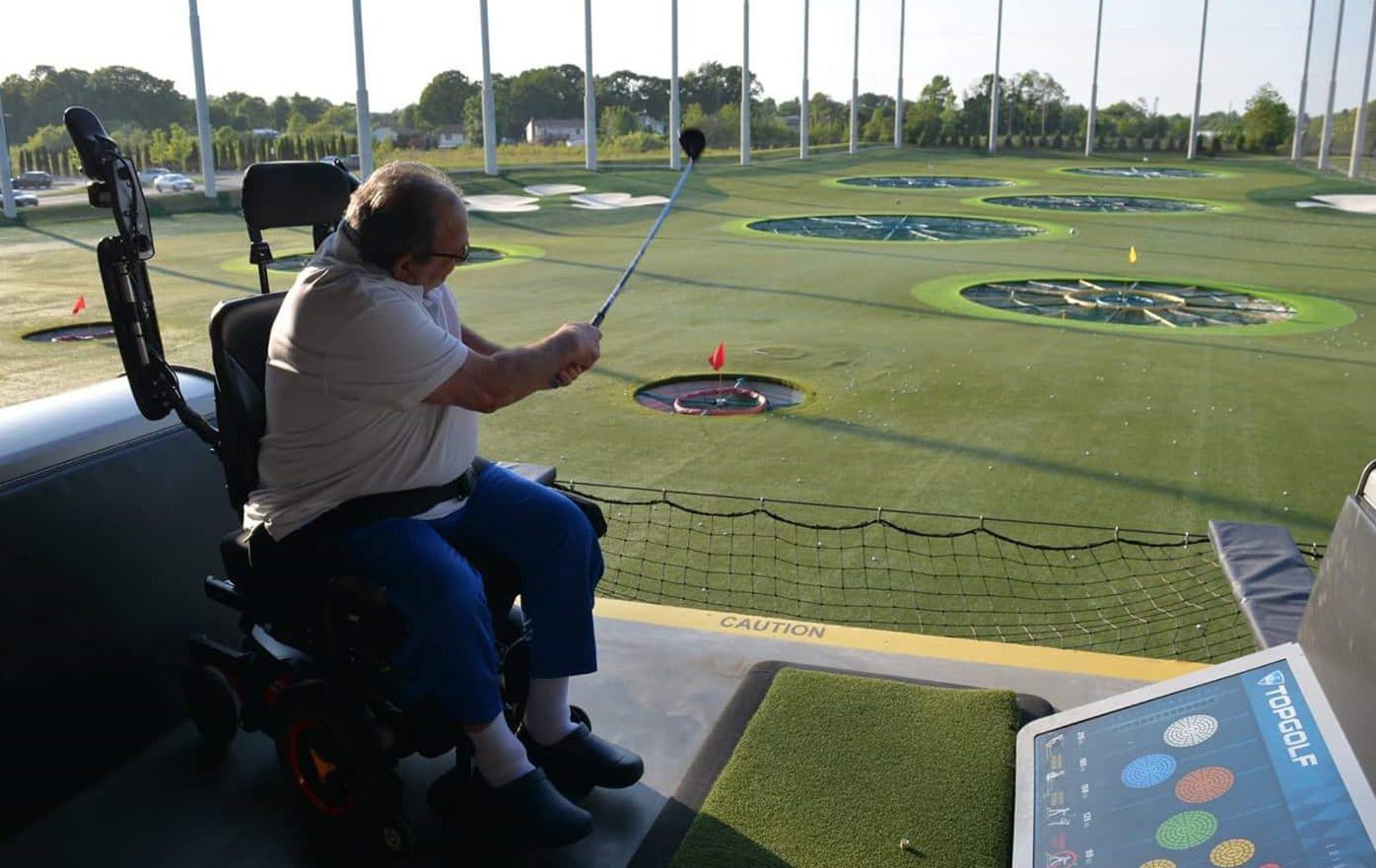
If someone needs to swing from a seated position such as from a wheelchair, they can use clubs with shorter shafts.
There are also lighter shafts for people with limited upper body strength. Clubface angles can be modified to get a higher loft on the ball. Most traditional drivers have an angle between 9-12 degrees, but I have a 16 which helps me get the ball up in the air.
According to the 2008 Americans with Disabilities Act regulations, public and municipal courses should have reasonable accommodations, meaning they should have a mobility cart on-site or the ability to get one when requested. However, there is no enforcement of that, and the courses that do have them aren't always marketing them.
It's a shame that the industry hasn't embraced adaptive golfing more. Since starting AdaptiveGolfers.org, I have become a speaker and ambassador. I do outreach at golf courses to let them know what kind of equipment is available. I also speak at the PGA Merchandise Shows to bring the industry a little closer to this topic.
Exclusion isn’t by ill intent; it's the law of unfamiliarity.
I'm hoping someday we will have a teaching curriculum on adaptive golfing, even if it’s just a module to make coaches aware that it exists and bring it further into the mainstream. The instructors know how to teach golf, but we’d like to add another layer of education to incorporate semantics, best practices, and emergency protocol for participants with disabilities.
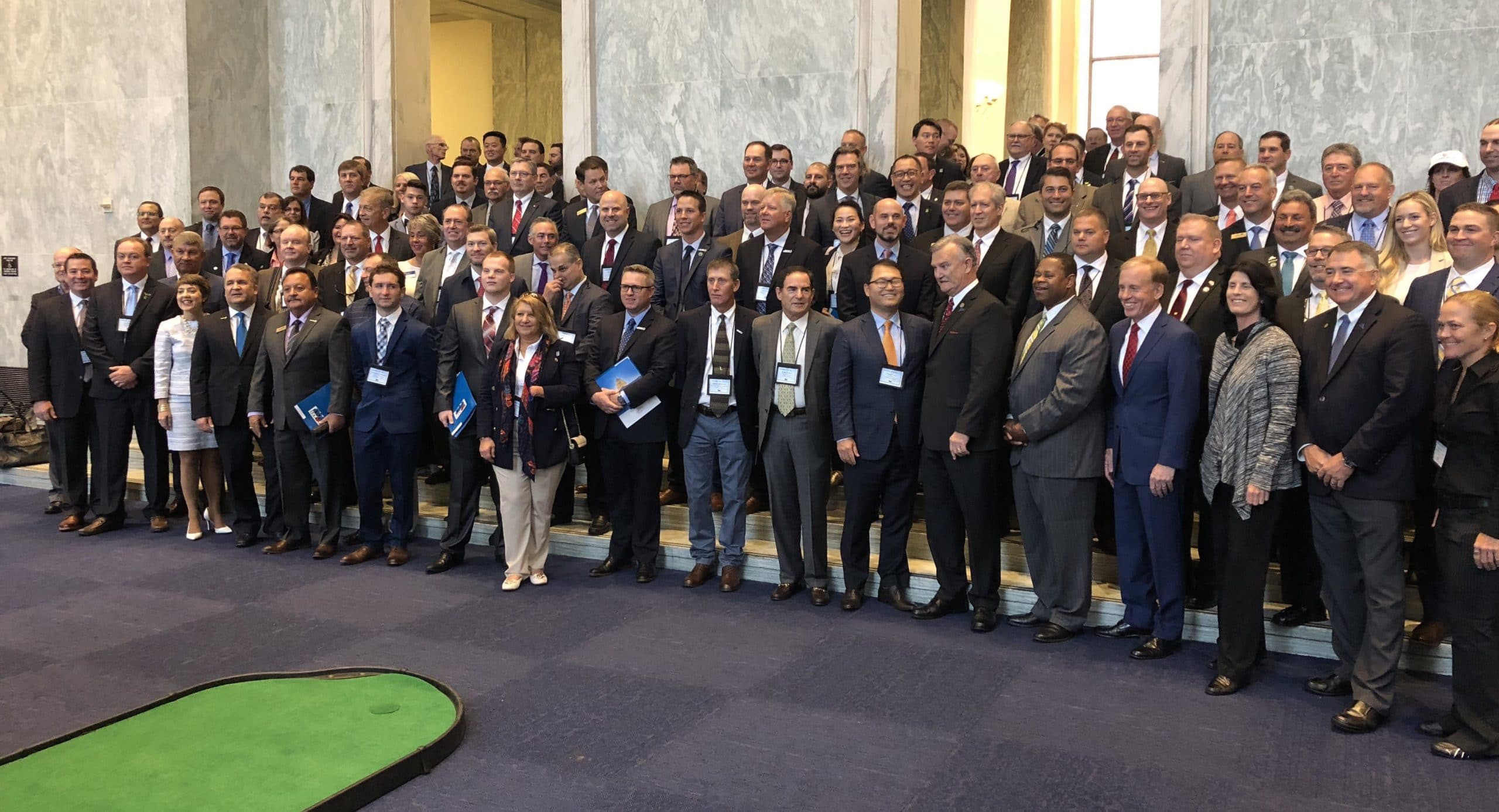
Golf gets people moving and gets their blood flowing.
Golf brings people together like nothing else.
It’s important to take equity in your health, and this game can improve your quality of life — mind, body, and soul. It's an activity where being good or bad doesn't matter. Neither the ball nor the hole cares if you roll it with your nose or if it even gets there. Golf is for everybody. If you’re rolling a ball, you’re a golfer.
John F. Kennedy once said, “One person can make a difference, and everyone should try.'' I say, “What will you do to be that difference?”
Editor’s Note: Visit AdaptiveGolfers.org for resources, upcoming events, and more. Reach out to Gianna Rojas with questions at gianna@adaptivegolfers.org.
All information provided in this article was extracted from an interview with Gianna Rojas.
About the Author
Betsy Bailey has a diverse background that includes experience in marketing research, business operations, travel and culinary writing, and playing volleyball professionally overseas.
Betsy has been writing for Wheel:Life since January of 2017 and thoroughly enjoys the process of getting to know her interviewees. She also practices parkour, speaks French fluently, and travels any chance she gets!
Where can I donate clubs in nj